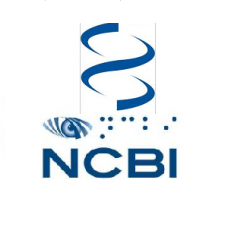Abstract
Background: Generalists such as general practitioners and district nurses have been the main actors in community palliative care in Norway. Specialised oncology nurses with postgraduate palliative training are increasingly becoming involved. There is little research on their contribution. This study explores how general practitioners (GPs) and oncology nurses (ONs) experience their collaboration in primary palliative care. Methods: A qualitative focus group and interview study in rural Northern Norway, involving 52 health professionals. Five uni-professional focus group discussions were followed by five interprofessional discussions and six individual interviews. Transcripts were analysed thematically. Results: The ideal cooperation between GPs and ONs was as a “meeting of experts” with complementary competencies. GPs drew on their generalist backgrounds, including their often long-term relationship with and knowledge of the patient. The ONs contributed longitudinal clinical observations and used their specialised knowledge to make treatment suggestions. While ONs were often experienced and many had developed a form of pattern recognition, they needed GPs’ competencies for complex clinical judgements. However, ONs sometimes lacked timely advice from GPs, and could feel left alone with sick patients. To avoid this, some ONs bypassed GPs and contacted palliative specialists directly. While traditional professional hierarchies were not a barrier, we found that organization, funding and remuneration were significant barriers to cooperation. GPs often did not have time to meet with ONs to discuss shared patients. We also found that ONs and GPs had different strategies for learning. While ONs belonged to a networking nursing collective aiming for continuous quality improvement, GPs learned mostly from their individual experience of caring for patients. Conclusions: The complementary competences and autonomous roles of a specialised nurse and a general practitioner represented a good match for primary palliative care. When planning high-quality teamwork in primary care, organizational barriers to cooperation and different cultures for learning need consideration.







